Kevin Kwan, the author of “Crazy Rich Asians,” describes how Amy Tan was the first Asian American author he read and how she paved a way forward for other writers of color to tell their stories.
Features
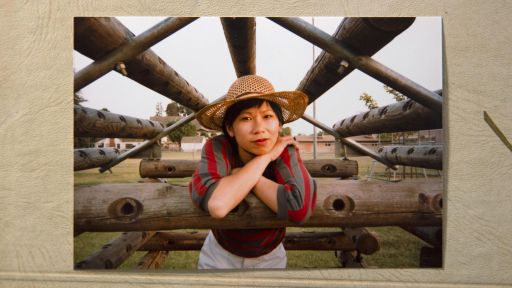
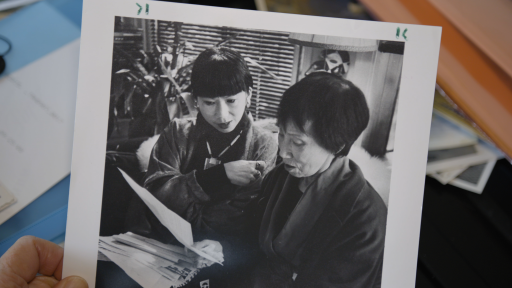
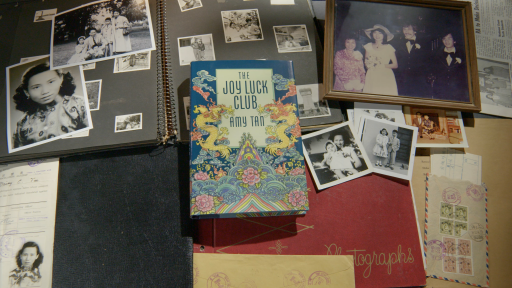
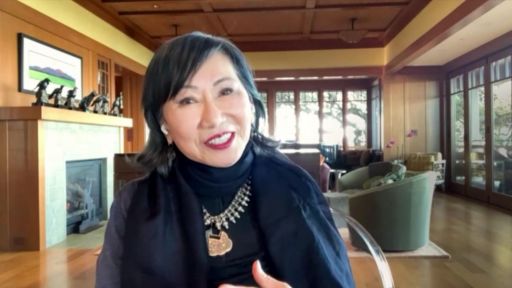

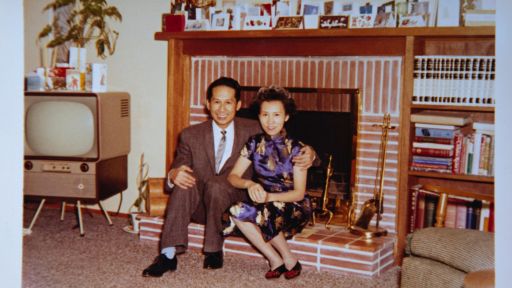
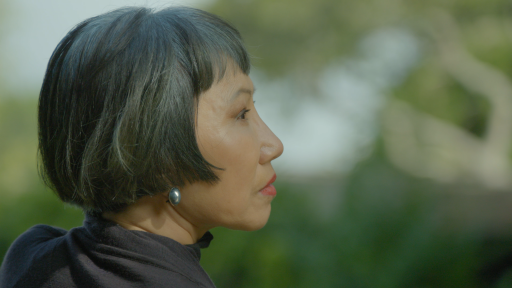
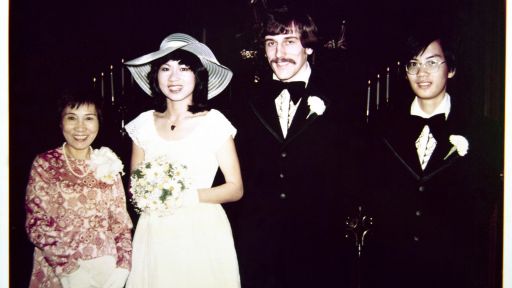
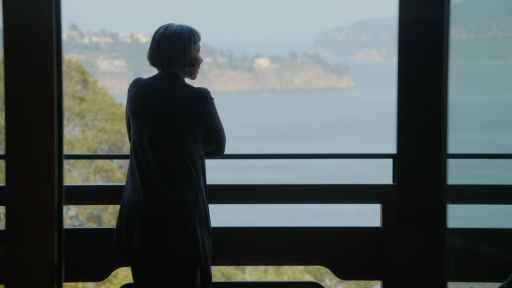
- [Narrator] 'In me, they see their own daughters, 'just as ignorant, just as unmindful 'of all the truths and hopes they have brought to America.
'They see daughters who grow impatient 'when their mothers talk in Chinese.
'They think they're stupid 'when they explain things in fractured English.
'They see that joy and luck 'do not mean the same to their daughters, 'that to these closed American-born minds, 'joy luck is not a word.
'It does not exist.
'They see daughters who will bear grandchildren 'born without any connecting hope 'passed from generation to generation.'
(light music) - I was a veracious reader from an early age, and she was the first Asian-American author I had read.
And she was the first person that was reflecting back to me part of a world I knew.
She showed me the glamorous Shanghai of the 30's.
She showed me all these backstories that I knew about and could relate to from my family story.
And then, the counterpoint of that was to showcase the Asian-American experience, the second generation of daughters who have to deal with these mothers who came from China.
There were moments there that I could so relate to as an immigrant.
- [Narrator] 'My mother saw danger in everything, 'even in other Chinese people.
'Where we lived and shopped, 'everyone spoke Cantonese or English.
'My mother was from Wuxi, near Shanghai, 'so she spoke Mandarin and a little bit of English.'
- Being bicultural is an asset for a writer.
It gives you curiosity.
You want to ask questions.
You want to understand deeply.
And in their answers, you get stories.
That's what Amy has been doing.
She observes her mother, and her aunts, and the culture, and at the same time, she totally belongs here.
So it's in the contrast, in the complexity, that she finds her language and her inspiration.
- Not to do any disservice to the amazing Asian-American writers that came before Amy, but I think this was the first book to really cross over into becoming a mainstream, mass-market success.
It had such a huge impact on paving the way for other writers of color to tell their stories.
